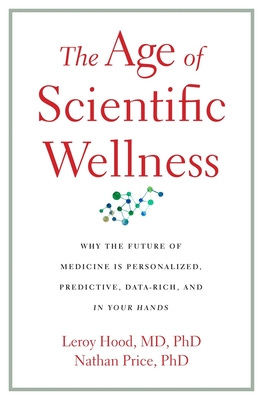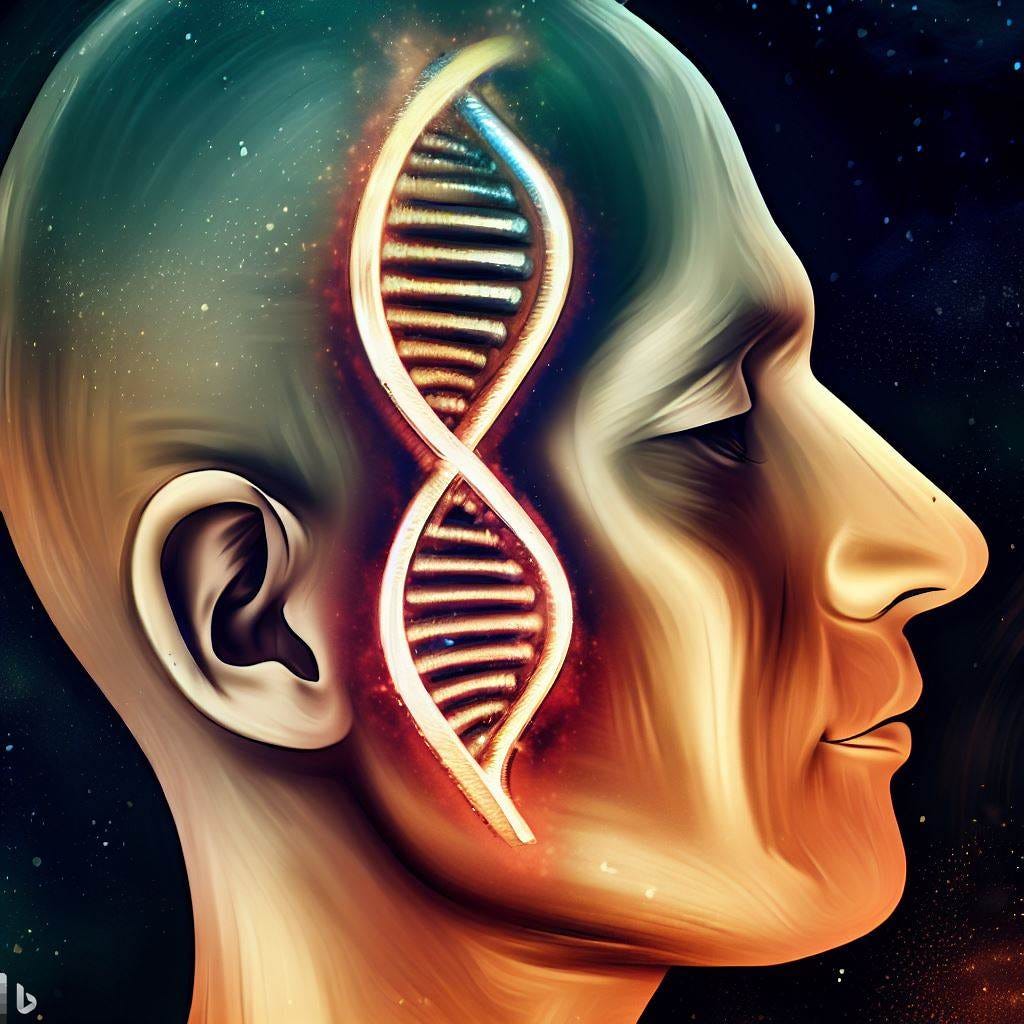Personal Science Week - 230601 Genetics
What I learned from genetic testing, broken science, and more
Personal Scientists like to apply the principles of scientific inquiry to our daily lives. Although we’re as intrigued about cool scientific discoveries as the next guy, we always want to know the specifics of how to apply to discoveries in our personal lives.
This week we discuss genetic testing, plus a bunch of recent attempts to fix problems of Big Science.
What I learned from genetic testing
You can get downloadable genetic test results from hundreds of companies these days and as far as I can tell, the quality of each lab is roughly the same. At least among the lowest-priced “SNP” companies like 23andme or Ancestry.com, any differences are all in the reports and whatever actionable information they offer.
I have SNP-level genetic test results from three sources: Helix/Arivale, 23andme, and Psomagen. Reassuringly, the three tests, taken years apart, agree on just about every reported genetic location. Here’s a sample of what I learned specifically about the relationship between my genes and nutrition:
I’m more likely to gain weight from saturated fat than the average genotype.
I’m more likely to gain weight from being sedentary.
I’m slightly disposed to have a “high waist circumference”, but not by much.
I’m at decreased likelihood to gain weight from carbohydrates. “Eating a diet rich in carbohydrates can actually help prevent weight gain”.
I’m a non-taster (like 28% of the population) for bitter foods (like broccoli).
Like 80% of the population, I have “typical taste sensitivity to sugar”, meaning I’m no more or less susceptible to cravings than most people.
In other words, none of the reports gave me anything that was either non-obvious (I’ll gain weight if I’m sedentary) or couldn’t be discovered more directly by simple observation (do I like broccoli or not?) So what’s the point?
Here’s what I think:
(1) the sub-$100 price of these tests is cheap enough that for most of us it’s worth it just for (2) the chance that you will discover something important. The American Society of Human Genetics says there are at least 76 variants that are actionable — and are collectively found in about 5% of us. So might as well find out if you’re one.

Looking for a more detailed, “whole sequence” test? Whichgenome summarizes the various offerings, with pricing and links. The SNPedia wiki is of course the best open source summary of what’s known about each SNP (see their Reddit for the most up-to-date discussions)
Genetic Life Hacks is the best site I know for actionable direct information about specific genes. For those that relate to the microbiome, see the genetics chapter in Personal Science Guide to the Microbiome.

Links for how to do better science
It’s surprisingly easy to find areas where ‘mainstream’ science has failed us. Sites like Retraction Watch or the crowd-sourced list at FORRT will give you plenty of examples. Now we’ve enjoyed perusing the information at a new site:
BrokenScience.org, founded in 2022 by the founder of CrossFit is:
calling attention to the current state of modern science. It’s broken. It’s void of validation. Its deductivist approach stimulates results that cannot be replicated and its scientists are stuck in a publish or perish purgatory, finding “significance” at all costs.
The site contains links to dozens of interesting videos, but a good 1-hour introduction is by statistician William Briggs: “Doing science is easy”, he says, which is why so much gets published that isn’t true. In fact, only about 1/4 of studies replicate — no matter which field. Lots of examples, including why you should never use P-Values.
The Rise and Fall of Peer Review by Adam Mastroianni is a widely-read summary of the reasons you should remain skeptical of claims that are “peer reviewed”. Anyone familiar with academic science will tell you how arbitrary and error-ridden the process can be. Still, it’s worthwhile reading the counter-argument by Calvin McCarter who points out that Peer review worsens precision but improves recall. In a world where not everyone has a gazillion Twitter followers, peer review provides valuable feedback to beginning researchers who otherwise might not have any readers at all for their papers.
Stuart Buck’s Good Science Project is a Substack chock full of thoughts and resources about better ways to do science, including an argument for why scientific studies should be rated with probabilities, the way we do with weather forecasts.
…and speaking of science that you’d think was confidently known:
No one can explain why planes stay in the air: Although the mathematical equations are well-understood, there is no good scientific explanation for why airplanes can fly. The standard theories taught in grad school – e.g. Bernoulli’s principle, Newton’s Laws – don’t account for some basic observations, like why a plane is able to fly upside down. Reminds us of Hasok Chang’s concept of “complementary science”: how science often abandons other plausible theories once a practical technology has been found. But those abandoned theories often contain insights that are still relevant. Even on matters we thought were long settled, it’s surprising how much remains to be explained.
About Personal Science
Collect your own data, think for yourself, and be skeptical. Those are some of the many characteristics of people who practice science for personal reasons. We try to encourage Personal Science through these weekly updates, but most of our posts are on topics that are mostly timeless, so check out our archives for more information.
As always, please let us know if you have other topics you’d like us to discuss.
